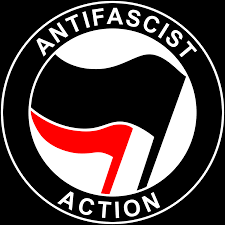
Introduction
Antifa, short for ‘anti-fascist,’ is a political movement that has gained significant attention in recent years, particularly due to its involvement in protests and counter-protests across North America and Europe. Understanding the movement is crucial as it plays a pivotal role in discussions surrounding free speech, political extremism, and social justice. Its relevance is underscored by its impact on public discourse and its response to far-right ideologies.
What is Antifa?
Antifa is not a formal organization but rather a loosely connected network of activist groups and individuals who oppose fascism, racism, and other forms of oppression. It draws from historical anti-fascist movements that emerged in the early 20th century in response to rising authoritarian regimes. Members typically engage in direct action, which can include protests, rallies, and sometimes confrontational tactics against groups they perceive as fascist or reactionary.
Recent Events
In the past few years, particularly since the 2016 U.S. presidential election, Antifa has been thrust into the spotlight. High-profile incidents, such as the Charlottesville rally in 2017, highlighted Antifa’s involvement in countering far-right groups. News coverage often portrays the movement as polarizing, with supporters emphasizing their role in defending marginalized communities, while critics argue that their tactics can lead to violence and undermine peaceful discourse.
Ideologies and Beliefs
Antifa members advocate for a variety of leftist ideologies, including socialism, anarchism, and communism, united by their opposition to fascism and authoritarianism. They often prioritize direct action and grassroots organizing, seeking to address systemic inequalities. This has led to debates about the methods used by Antifa and whether their confrontational style is justified in the face of perceived threats from far-right groups.
Conclusion
The ongoing discussions about Antifa are emblematic of larger societal tensions regarding free expression, political ideology, and the boundaries of protest. The movement’s decentralized nature makes it complex and often misunderstood, leading to differing interpretations of its actions and motivations. As political divisions continue to deepen, understanding the nuances of movements like Antifa is essential for informed discourse. The future of Antifa may depend on how broader society grapples with issues of political extremism and solidarity in the fight against oppression.



